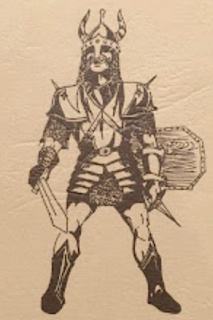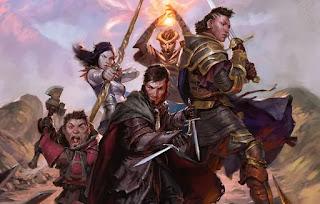The Fighter Across All Editions of TSR D&D

Ok, it's time to get back to elf-games. And why not look at the class that is simultaneously the most beloved and under-appreciated class in the history of D&D? I was going to include assessments of WotC fighters too, but honestly, they end up being so different, and embedded into different systems, that it's like comparing apples and oranges. I would still like to look at the 3e fighter, as that has at least a little continuity with TSR D&D but I think that's for a different post on why feats aren't so bad after all and have a place in all versions of D&D... Moving ON , let's dig in: OD&D : Fighting-Men, as they are called. They get d6 hit die like everyone else, but they start at HD 1+1 and gain more HD as they level than clerics or magic-users (at level 10, the fighter has 10+1, cleric 7+2 and and magic-user 7). They have no armor or weapon restrictions. For weapons, this only matters in regards to which weapons are typically magical (swords, figh...





